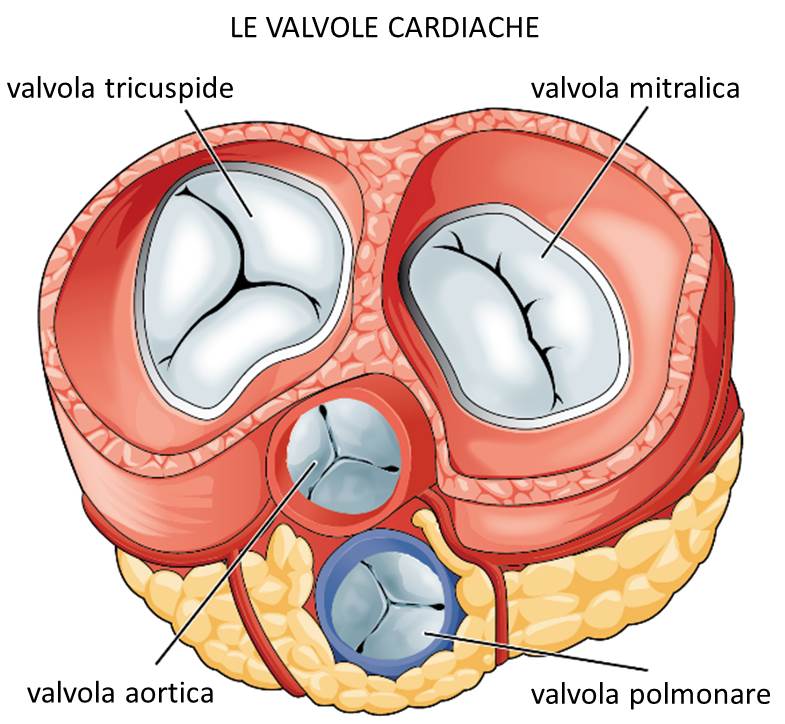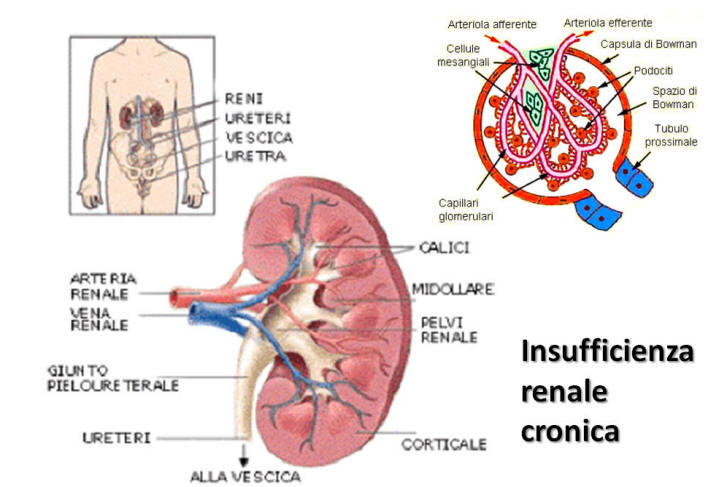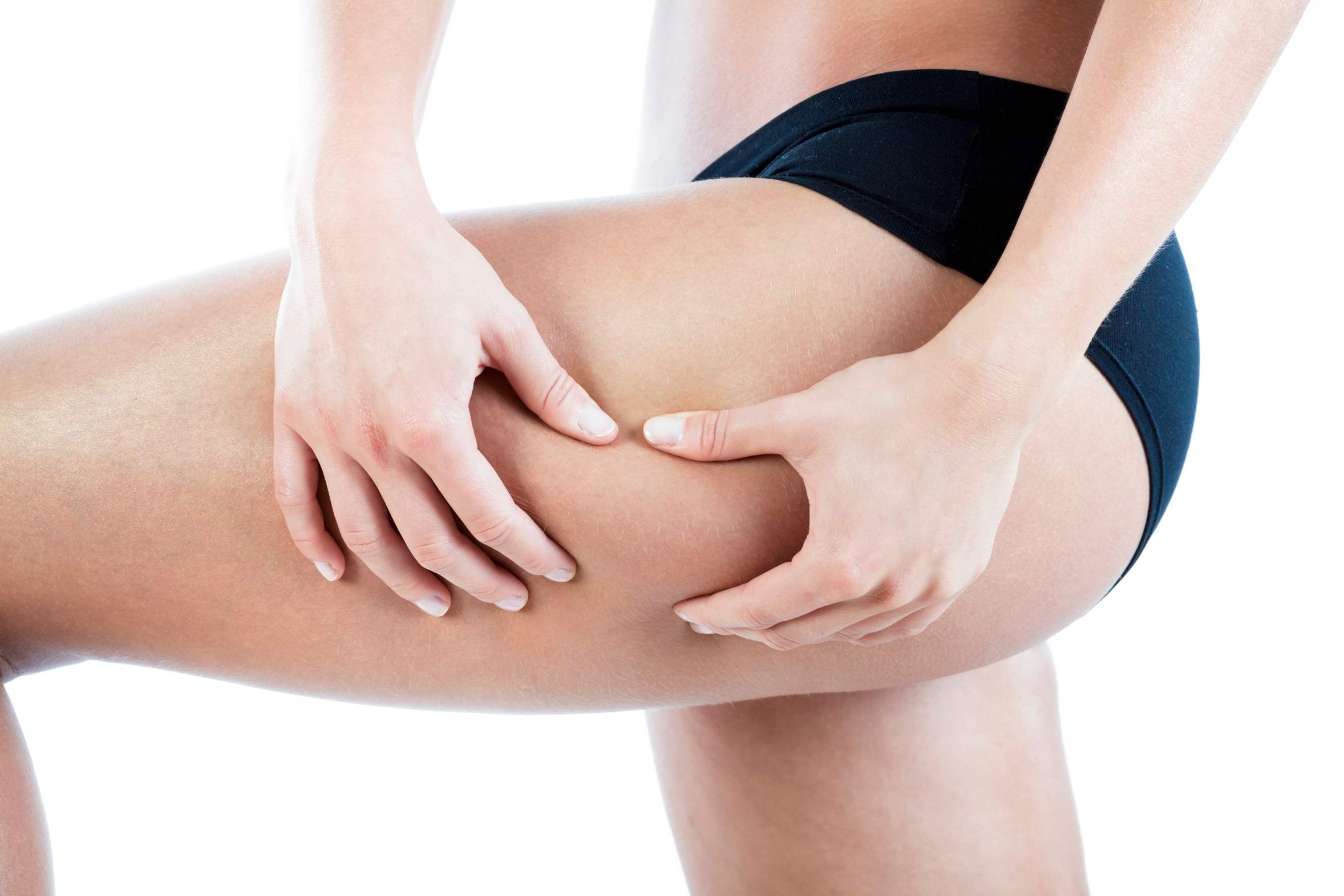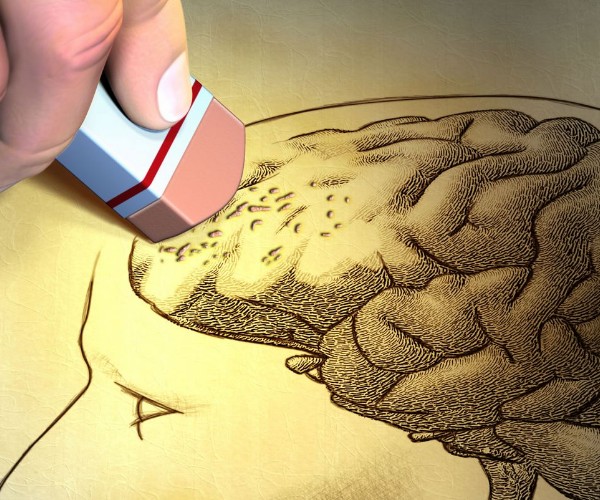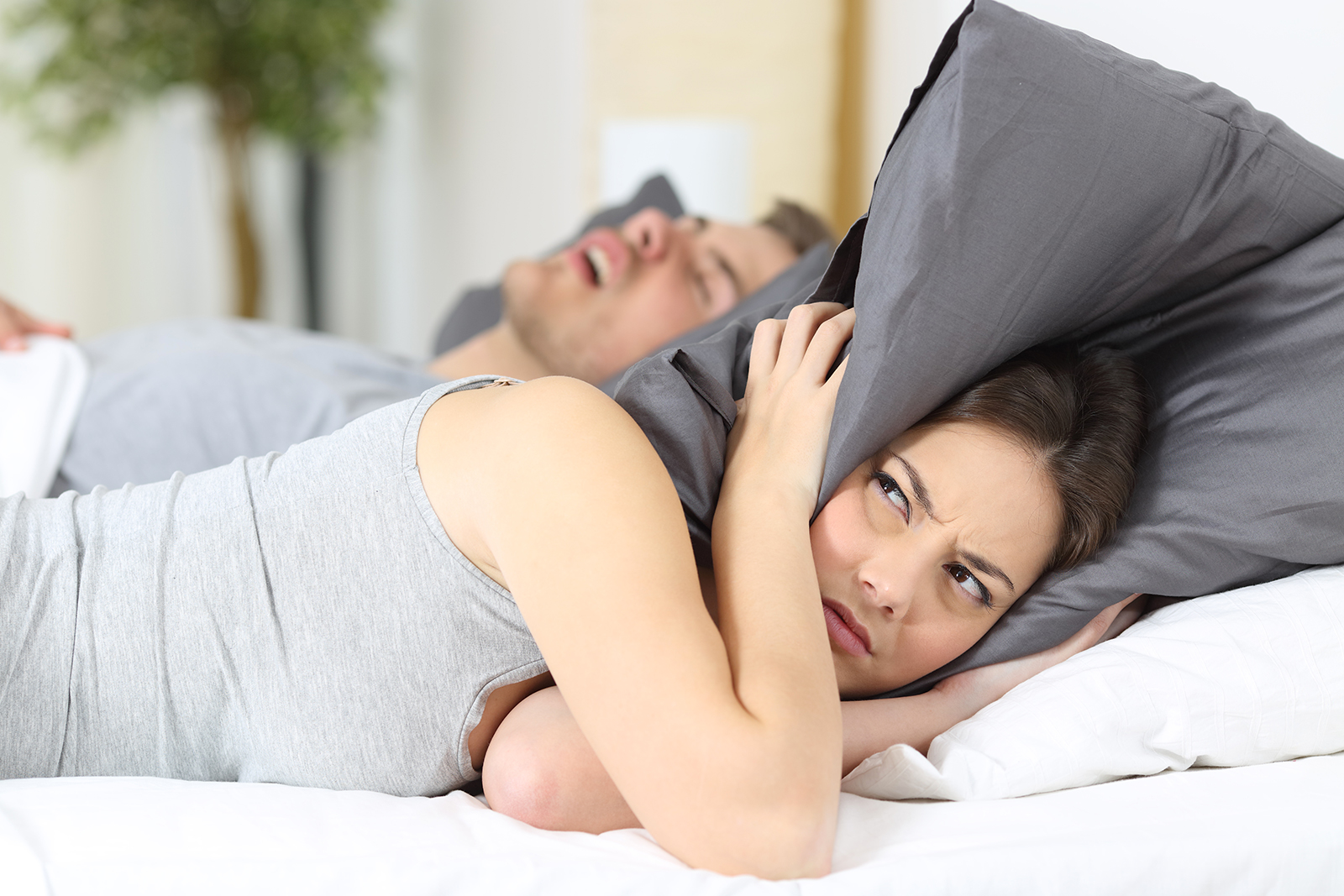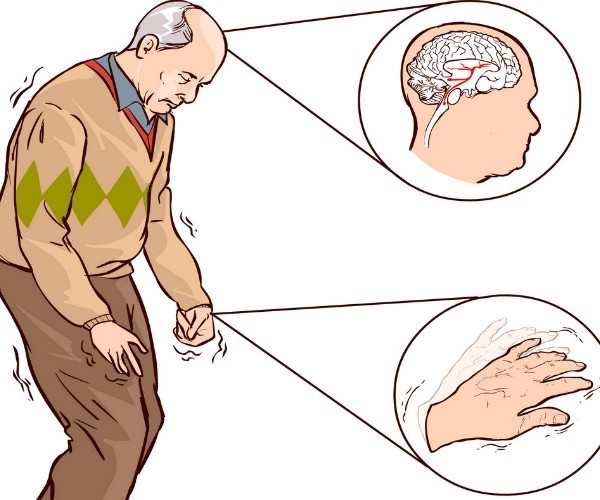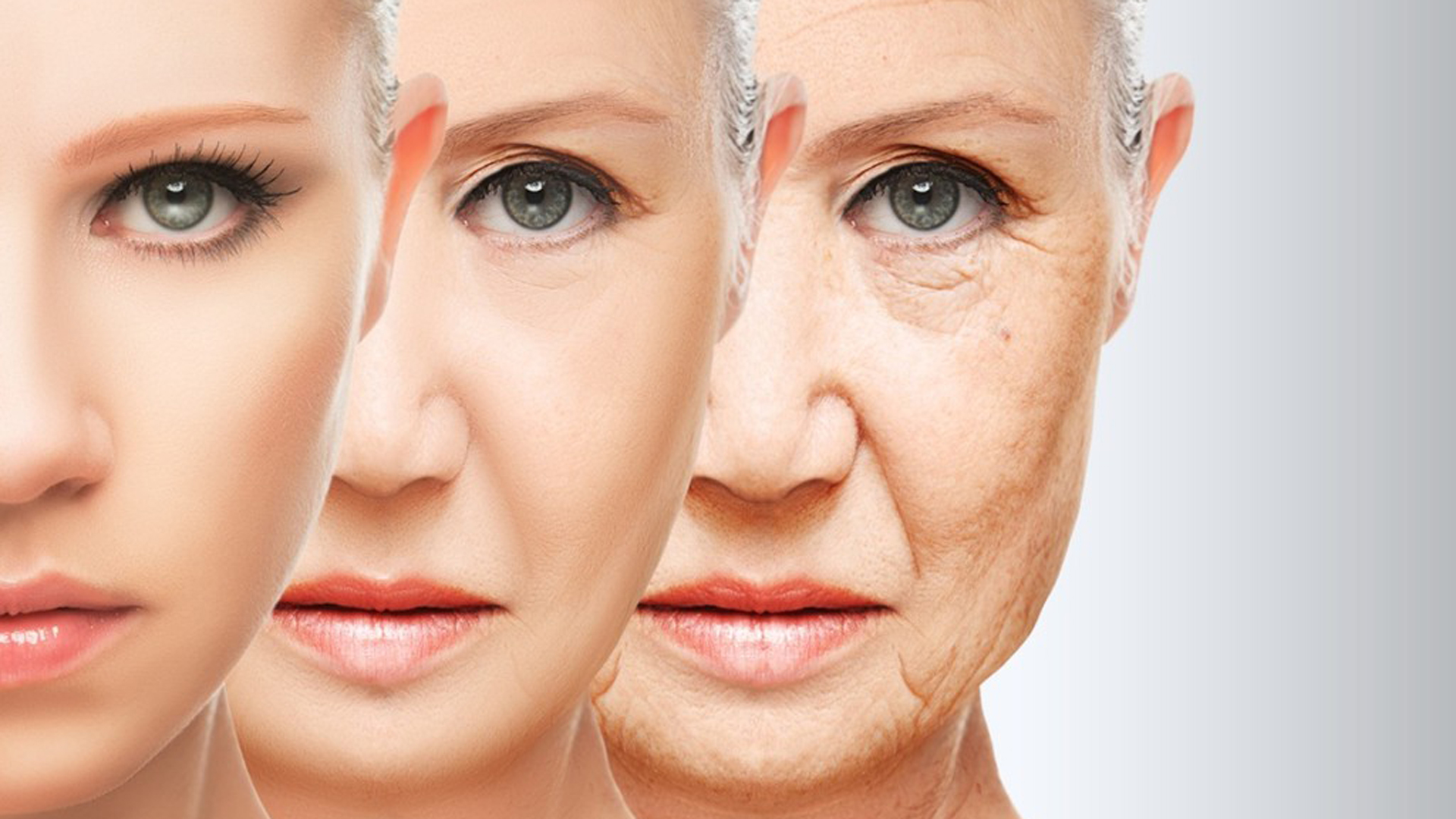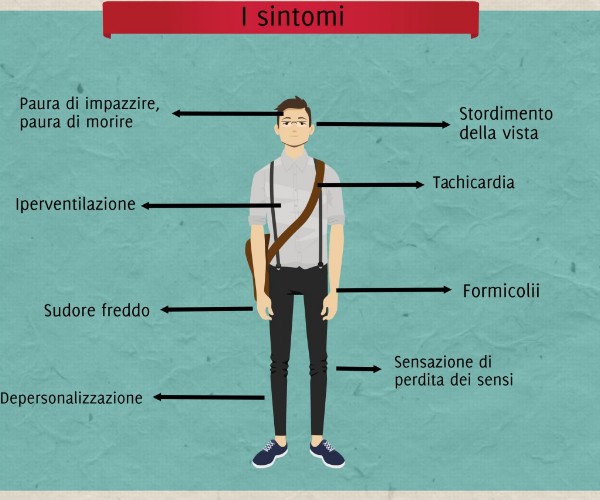The benefits of sleep are now widely recognized, both for the body but especially for our minds. One of the most common problems, however, for humans, which negatively affects our health, is in fact that of not getting enough sleep or, at any rate, not properly. So what is the secret to resting well and regenerating our body at its best during the sleeping hours? One answer comes to us from a recent and very interesting international study that also involved the Molinette Hospital of the City of Health in Turin, as well as a long list of European and U.S. research institutions (Center for Chronobiology, Basel University, Sleep Medicine Center, University of Berlin, Center for Sleep and Circadian Biology, Northwestern University Chicago). According to the study, more than medications and therapies, the temperature of our body turns out to be crucial for proper sleep. In fact, by lowering the body’s internal temperature, as is the case for some animals during hibernation, sleep results in deeper and more restful sleep.
The innovative mattress
The research was developed by analyzing the sleep of 60 volunteers, all healthy and free of sleep problems, either on ordinary mattresses ( low heat capacity) or on A new and innovative mattress (high heat capacity), a polyurethane compound with a heat capacity 10 times the norm, capable of dispersing body heat into the environment. In the last case, there was a considerable increase in slow-wave sleep, which is the deepest phase of non-REM sleep, in which the main physiological and metabolic processes important for our body’s well-being take place. This results in a significant reduction in sleep-related disorders, which are guilty of significantly reducing our cognitive performance (such as attention and memory) and physical performance (causing persistent fatigue and exhaustion).
As Molinette Hospital points out, “The secret lies in a high-tech material that covers the mattress and draws heat away from the body, similar to what happens in bears or marmots during winter hibernation. In short, colder body, deeper sleep.” The study, which is being further investigated and refined, may open up new scenarios in the field of sleep modulation, especIially in the pharmacological field.



